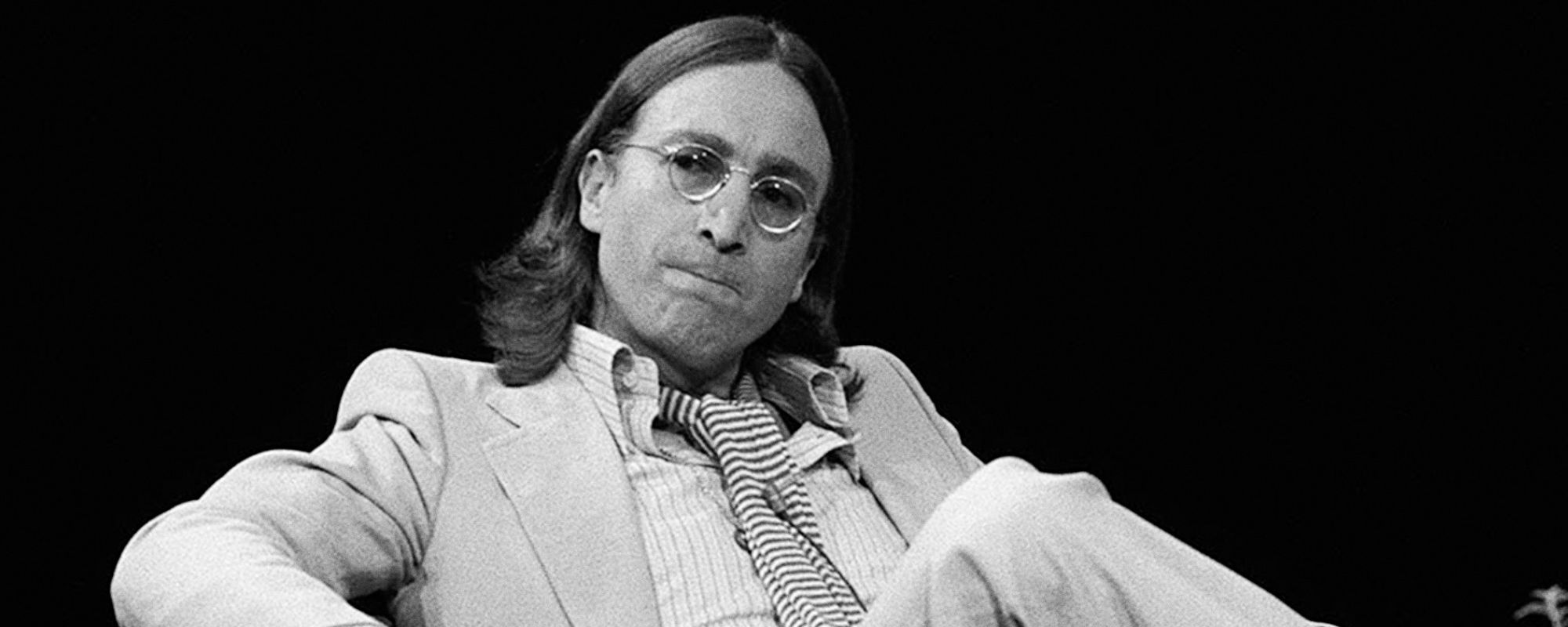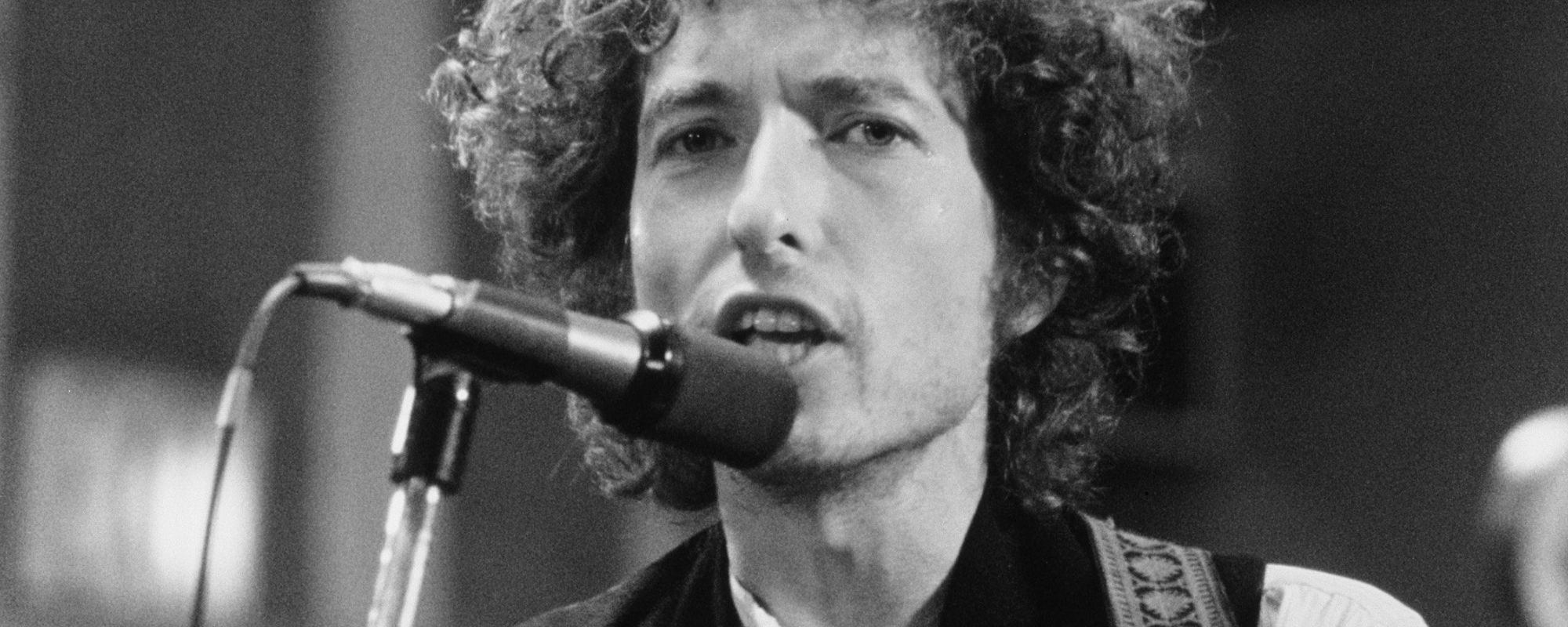If you were to start putting together a list of the greatest songwriters of the past 100 years, two names would be very near if not at the tippy-top. Bob Dylan and Joni Mitchell. Today, both artists are in their 80s and they’re still releasing music and partaking in the ebbs and flows of popular culture here and there.
Videos by American Songwriter
But several decades ago, one inspired the other to think in a completely new way about music, writing songs, and the confines (or lack thereof) of expression. Here below, we wanted to explore that moment in time.
[RELATED: The 10 Best Acoustic Bob Dylan Songs]
Bob’s Song
It might not be fair to say that Bob Dylan is and has always been a curmudgeon. But you wouldn’t be too far off if you made that claim either. One of the great early examples of that is Dylan’s 1965 single “Positively 4th Street.” It’s a beautiful song but it’s also basically one big gripe. One long trash-talking track. He calls out nameless people for their awful qualities and vapid souls.
The song, which hit No. 7 on the Billboard Hot 100, was like one giant cultural diss track. All these weak, meaningless people! The song isn’t particularly poetic or full of metaphor but it is poignant and observational. Released between his albums Highway 61 Revisited and Blonde on Blonde, the tune was released as the follow-up to “Like a Rolling Stone.”
Joni’s Reaction
But the song was different. It was conversational, maybe. Or perhaps its lack of poetics, especially coming from Dylan, were striking. Hey, he just basically talked crap about one person or many people and the song was a Top-10 hit! That must have been what people were saying.
And it’s what Mitchell was saying.
Since its release, Mitchell, who is two years younger than Dylan, has said that “Positively 4th Street” was one of her biggest inspirations when she was just starting out. Said Mitchell of the track, “There came a point when I heard a Dylan song called ‘Positively 4th Street’ and I thought, ‘Oh my God, you can write about anything in songs.’ It was like a revelation to me.”
There was such a personal quality to the music. In a way, it gave or reasserted creative license to Mitchell to be as intimate or as her as she wanted.
Mitchell released her debut album Song to a Seagull in 1968.
Photo by Watal Asanuma/Shinko Music/Getty Images












Leave a Reply
Only members can comment. Become a member. Already a member? Log in.